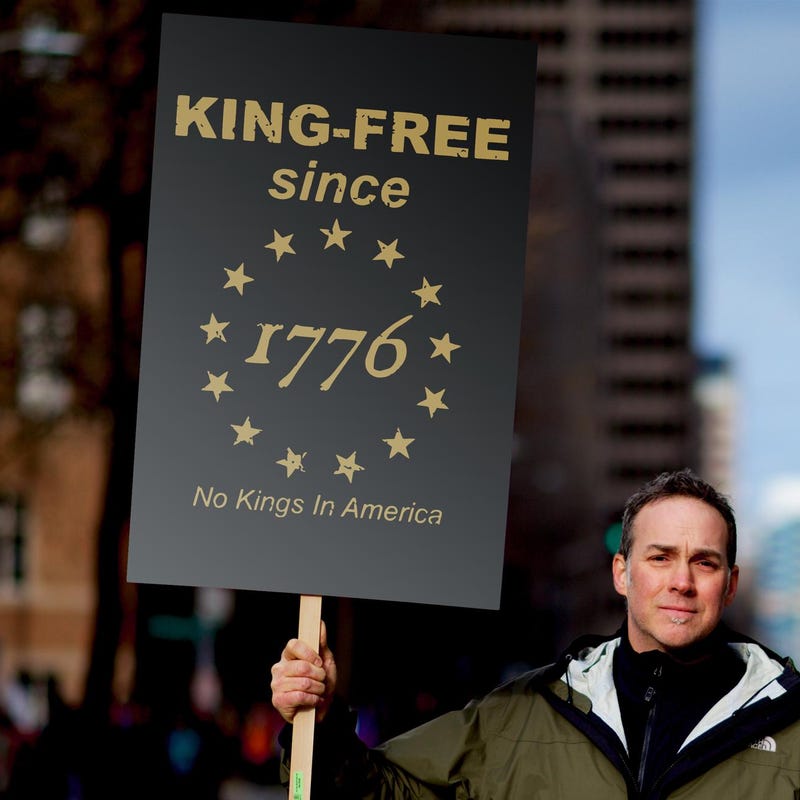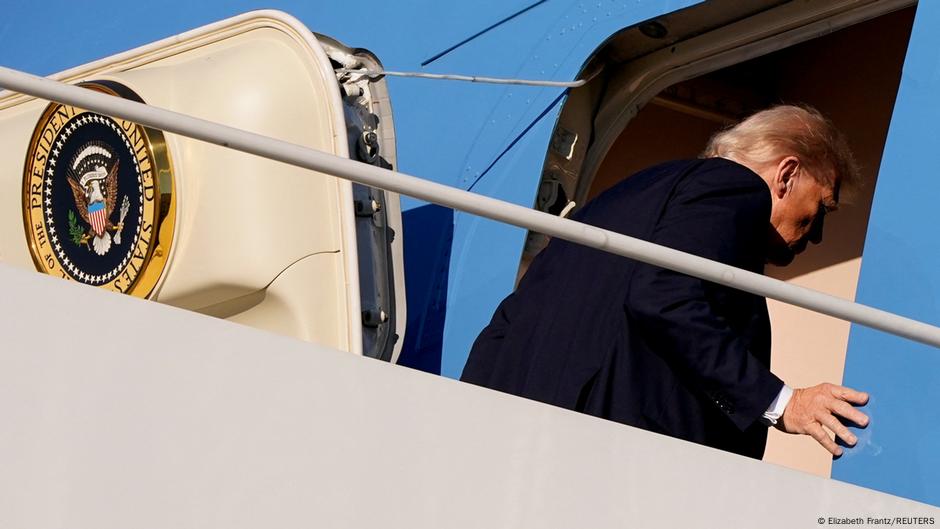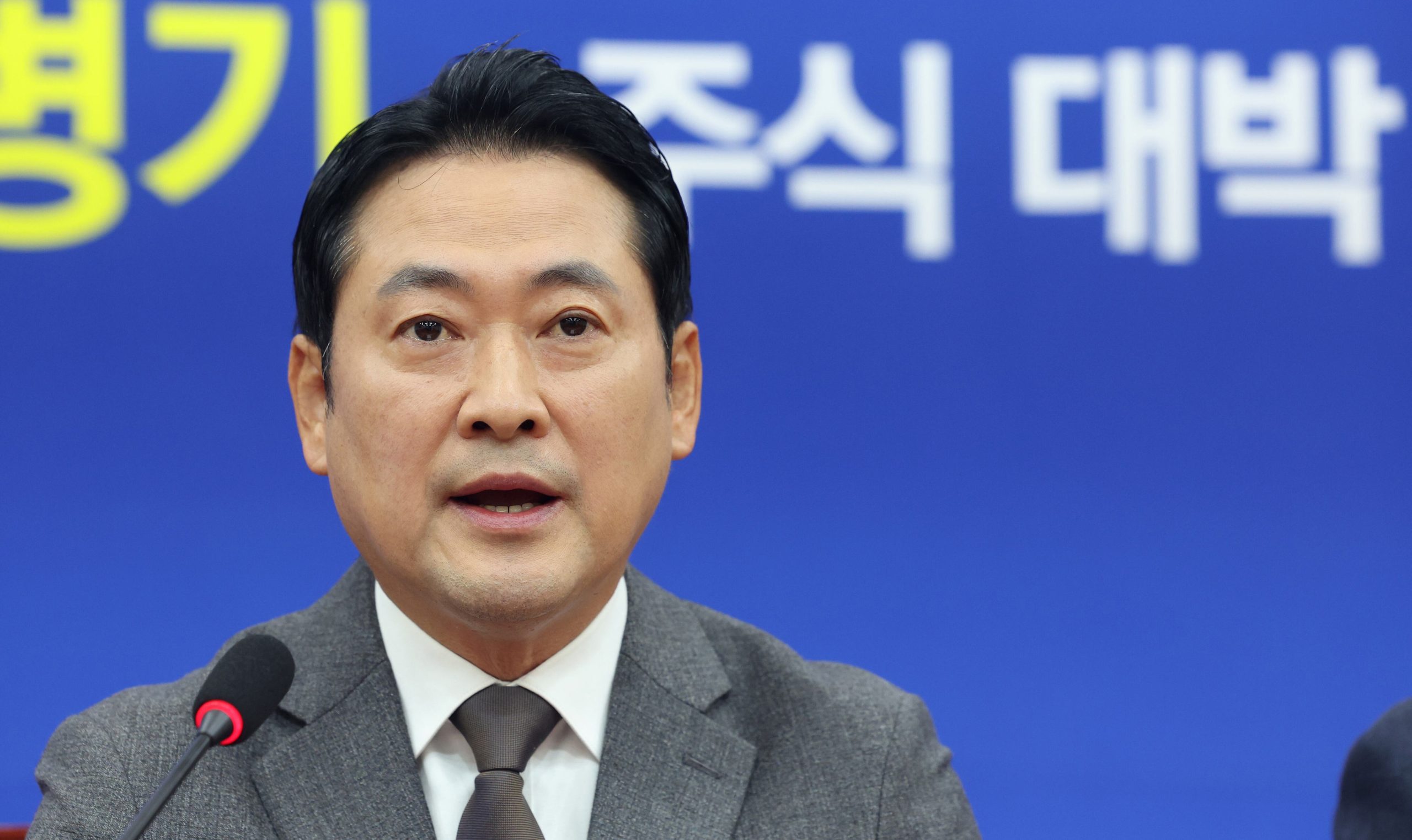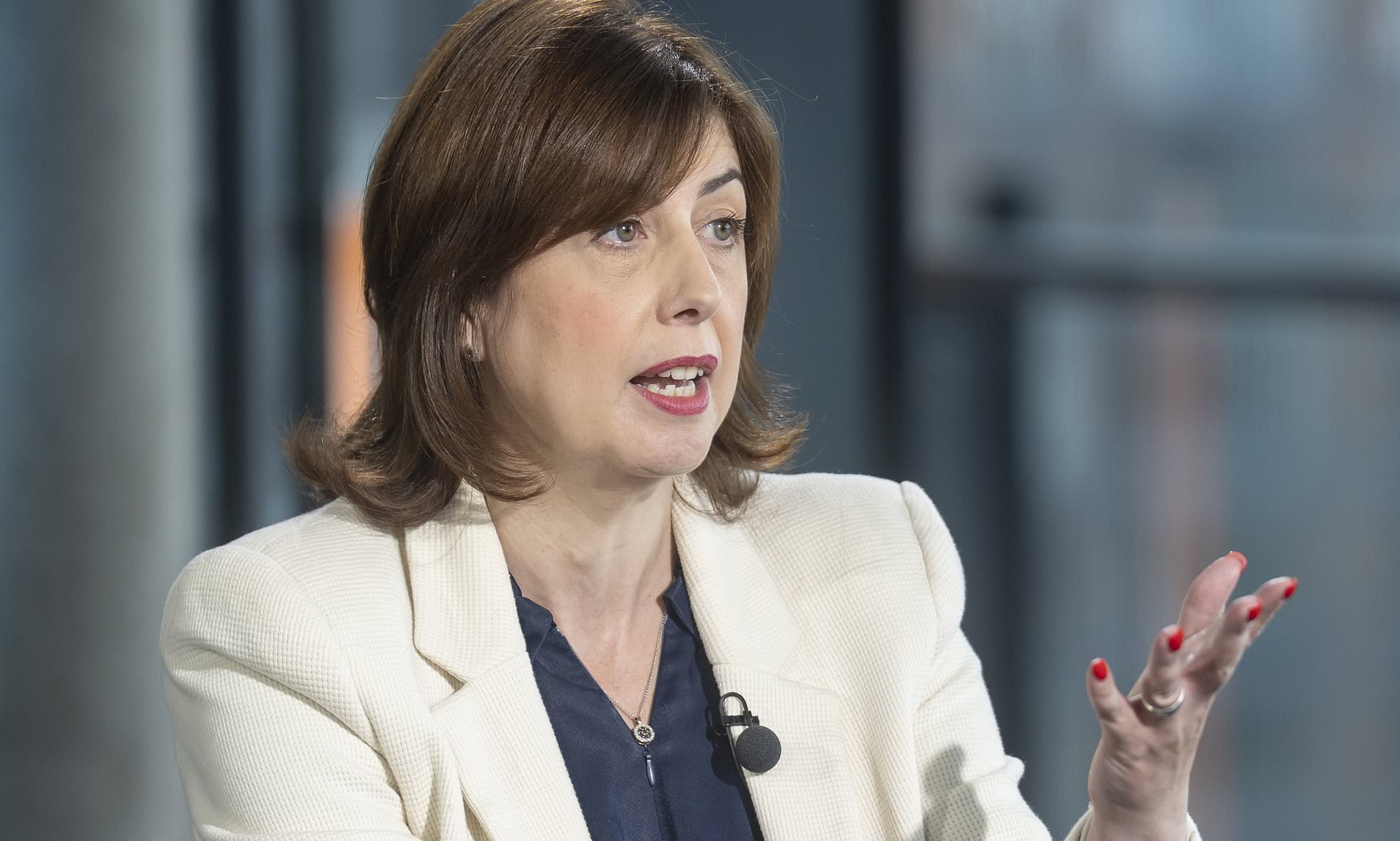New Economic Partnership for Indigenous Australians
Prime Minister Anthony Albanese has announced a significant $176 million funding package aimed at enhancing economic opportunities for Indigenous Australians. This initiative was unveiled during his speech at the Garma Festival in northeast Arnhem Land, highlighting the government’s commitment to fostering economic growth and empowerment within Indigenous communities.
The funding is part of a new economic partnership with two key organizations: the Coalition of Peaks and the First Nations Economic Empowerment Alliance. This collaboration seeks to address long-standing disparities and create sustainable pathways for Indigenous Australians to thrive economically.
Key Components of the Funding Package
The funding includes several critical initiatives:
- $70 million for Indigenous clean energy projects, aiming to support renewable energy development on traditional lands.
- $31 million for a mobile TAFE (Technical and Further Education) program, which will provide education and training opportunities in remote areas.
- $75 million allocated for native title reform, focusing on improving legal frameworks that enable traditional owners to manage their land and resources effectively.
This approach emphasizes shared decision-making and recognizes the importance of involving Indigenous communities in decisions that directly impact their lives and lands. Albanese emphasized that this initiative builds on the principles of the Closing the Gap Agreement, which calls for a new way of working together to achieve better outcomes for Indigenous Australians.
Indigenous Leadership and Vision
Pat Turner, lead convener of the Coalition of Peaks, highlighted the significance of this partnership in empowering Indigenous communities. She stated that community-controlled organizations are essential for driving economic development and ensuring that Indigenous people have control over their own futures.
Yolngu leader Djawa Yunupingu, chair of the Yothu Yindi Foundation, expressed his vision for a real economy that benefits his people. He stressed the importance of using traditional lands and waters to secure a prosperous future for current and future generations.
Jamie Lowe, chief executive of the National Native Title Council, welcomed the funding as a transformative step for the native title sector. He noted that this investment could lead to more job opportunities, greater prospects for young people, and stronger protection of cultural heritage.
Mixed Reactions and Calls for Truth-Telling
While many organizations praised the prime minister’s announcement, some Indigenous leaders expressed disappointment over the absence of any mention of truth-telling in the address. Aunty Glendra Stubbs, an elder at the Knowmore community legal center, pointed out that the government had moved away from its commitment to Makarrata in 2024. Although the Victorian truth-telling inquiry Yoorrook was acknowledged, no national process was mentioned.
Aunty Glendra emphasized the importance of truth-telling in addressing the legacy of colonization. She argued that without acknowledging the past, the pain of historical trauma would continue to affect generations.
Victorian senator Lidia Thorpe called on the Prime Minister to recommit to federal truth-telling and treaty processes. She criticized the lack of substantial action, stating that financial support for corporations and minor infrastructure projects were insufficient given the ongoing challenges faced by Indigenous communities.
The Legacy of Garma Festival
Garma Festival, now in its 25th year, has become a significant platform for Indigenous voices and dialogue. Djawa Yunupingu reflected on the festival’s origins, initiated by his brothers in 1999, and its roots in promises of treaty. While these promises were often overlooked by previous governments, they remain a vital part of Indigenous aspirations.
Yunupingu also expressed his disappointment over the outcome of the Voice referendum in 2023, acknowledging the emotional impact of the result. Despite this setback, he encouraged continued hope and focus on the future, emphasizing the need to move forward despite the challenges.
As the nation continues to grapple with issues of reconciliation, economic empowerment, and justice, the path forward remains complex. However, the recent funding announcement signals a step toward meaningful change, provided it is accompanied by genuine commitments to truth, healing, and partnership.










